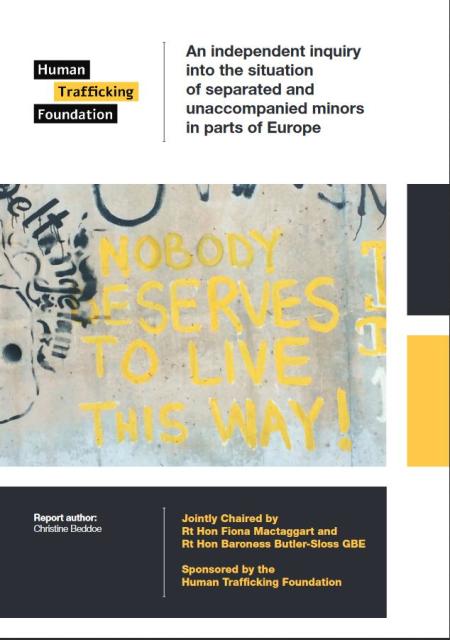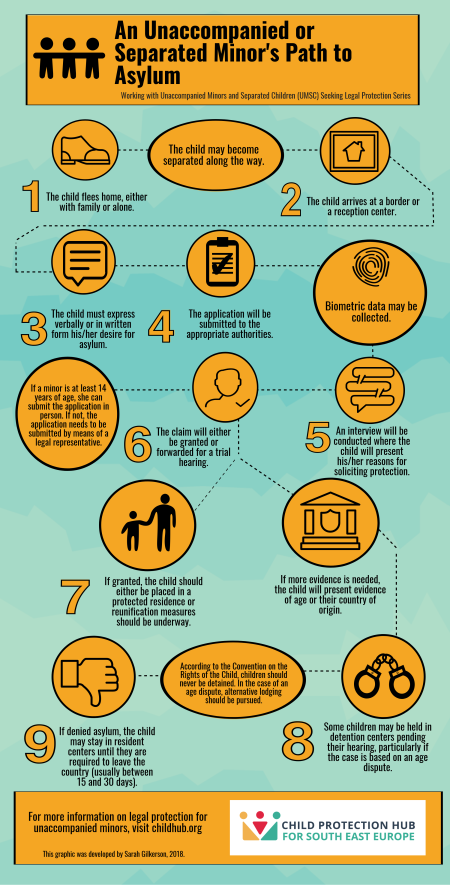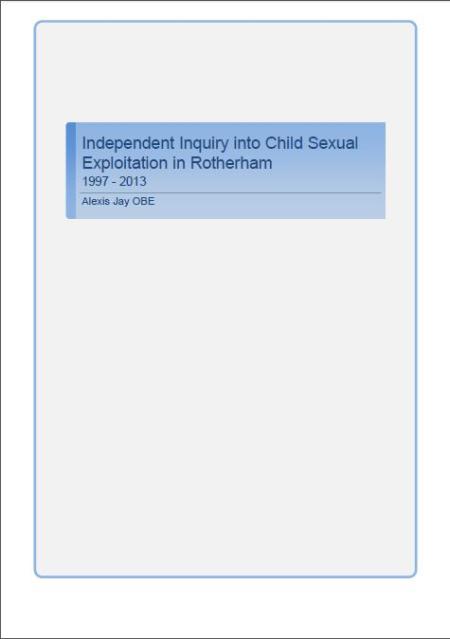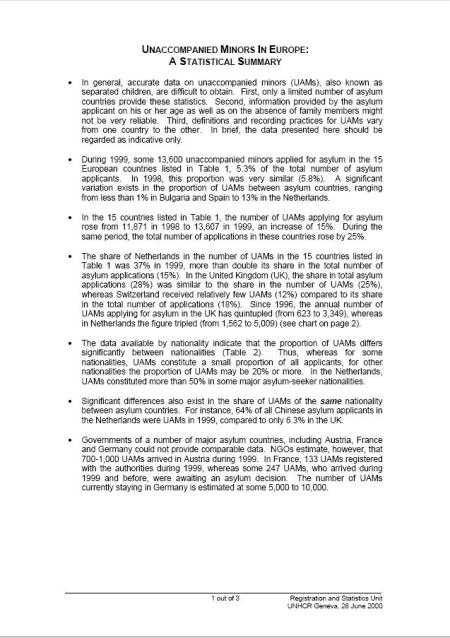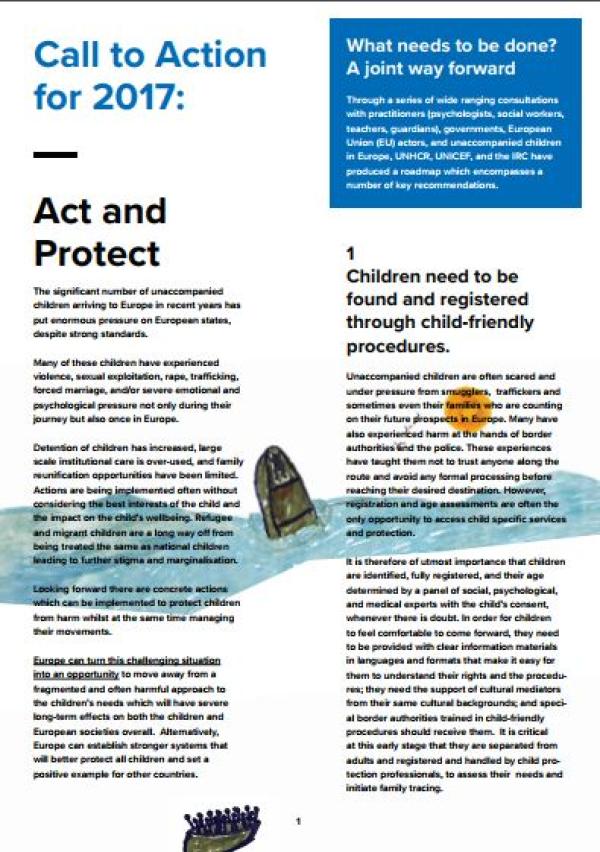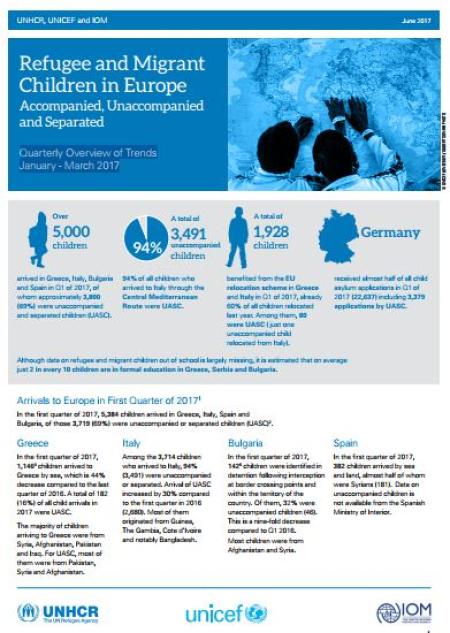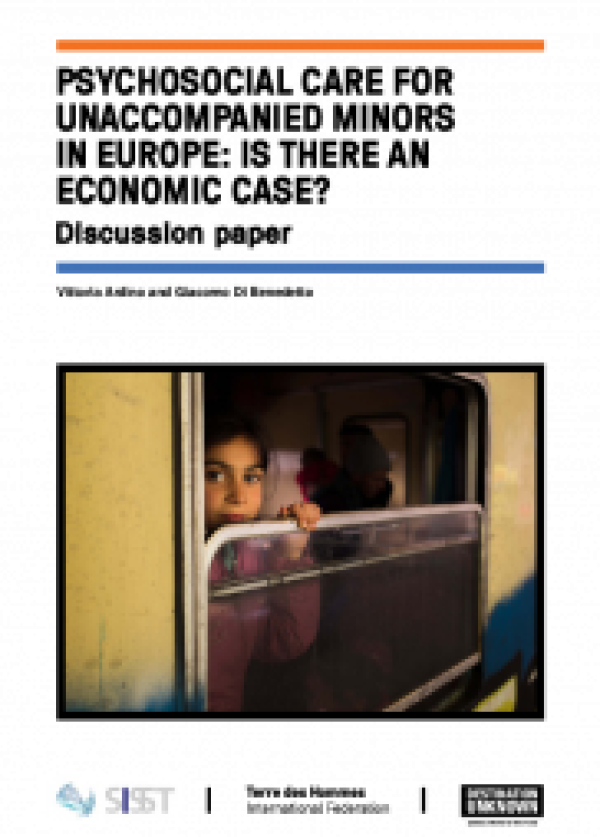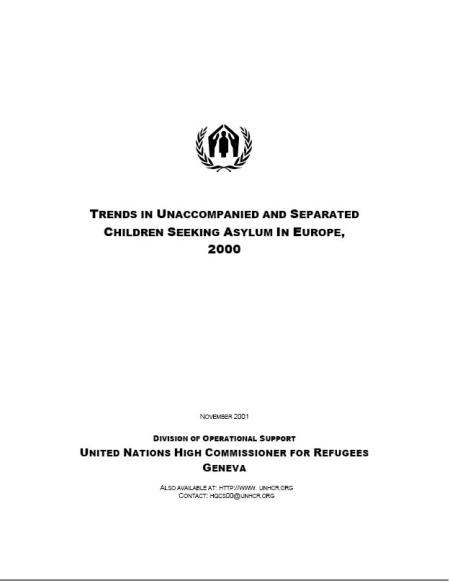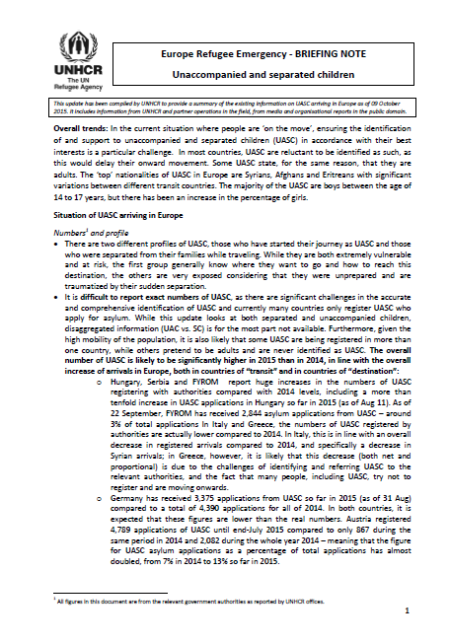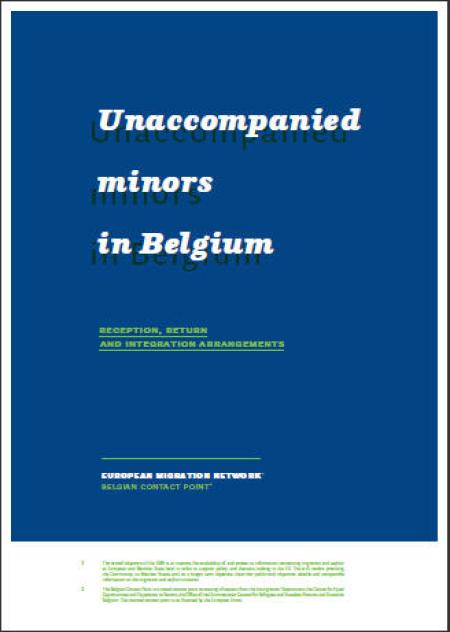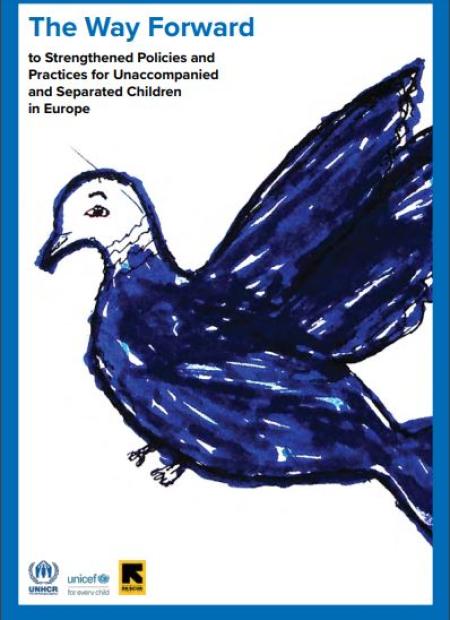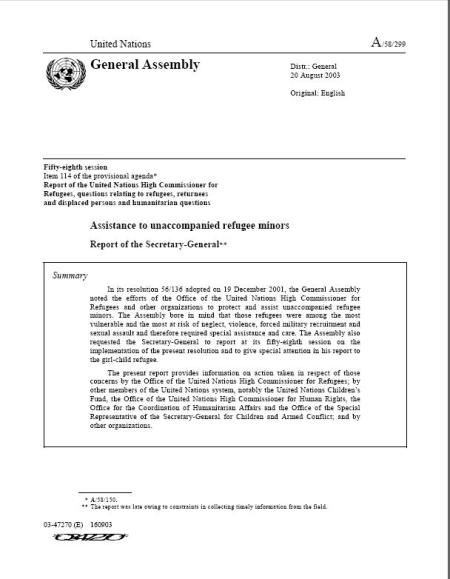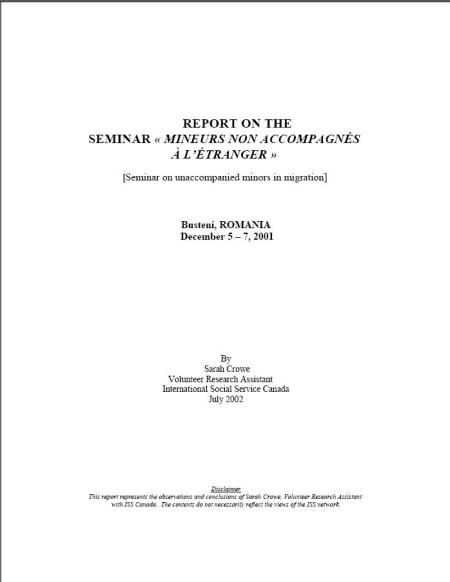
This jointly chaired inquiry by Fiona MacTaggart and Baronness Butler-Sloss (written by Christine Beddoe) examines the actions of the British government towards protecting unaccompanied refugee children.
The UK considers itself to be a country on the forefront of child protection and child welfare. However, as highlighted by this inquiry, the actions the government has taken towards refugee children have been inadequate and it has failed to protect these children. Although the government did initiate the Dubs scheme to provide asylum for children, actions by the government have constrained the possibility for this scheme to provide protection for a large number of refugee children. There was an assumption that around 3,000 children, both from the camps in Calais as well as those arriving into Italy and Greece, would be helped to transfer into the UK using safe and legal routes under the Dubs scheme. Nevertheless, in February of 2017 the government declared that the number of children helped by the scheme would only be 350. At that point 200 of these 350 children had already reached the UK. This abrupt ending of the scheme and the small number of refugee children that would benefit from this scheme was very unexpected. This report is highly critical of this move, especially as the UK would be able to offer protection and asylum to a much greater number of refugee children than merely 350.
The reason provided by the government for ending the scheme was that they were concerned that it would act as a pull factor to the UK and would encourage more children to commence the dangerous journey to Europe, thereby encouraging traffickers. One of the aims of this inquiry was the investigate this claim, and the findings did not support it. Through talking to refugee children in Calais in France, it was found that legitimate pull factors were UK’s language, education, sport and open job market, as well as the children’s own family ties. Moreover, in addition to these pull factors there were also push factors due to war and conflict in their home countries, violence experienced on the journey to Europe, as well as awful treatment by police in France. As such, “the Inquiry concluded that in the chaotic manner in which it was handled on the ground and then abruptly stopped, the Government’s own administration of the Dubs scheme has created such a lack of trust in official pathways to safety that it feeds directly into the hands of traffickers. Children have lost faith that the British Government will act in their best interests and they are not prepared to wait months for a decision that might never happen so they turn to ever more risky methods of getting to the UK”.
It is evident from the inquiry that through its actions the UK government has failed to respond to the best interests of these refugee children, as embodied by the UN Convention on the Right of the Child. As adequately summarised by the inquiry, “[p]rotecting children on the move is not just an immigration issue but also a matter of child protection and preventing serious and organised crime. The UK must play its part in safeguarding the children and young people who are currently left without adequate protection and support in Europe. A key aspect of this is ensuring that there are legal routes to safety, including to the UK, which young people can access”. The report provides some recommendations of actions that should be taken to ensure the safety and protection of these children.


